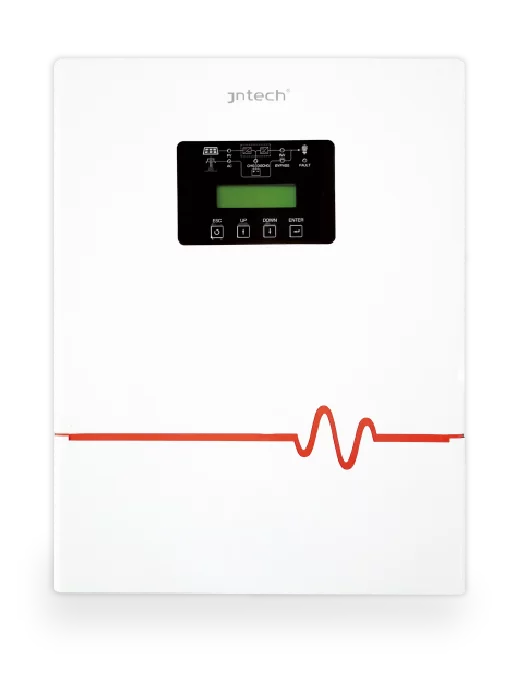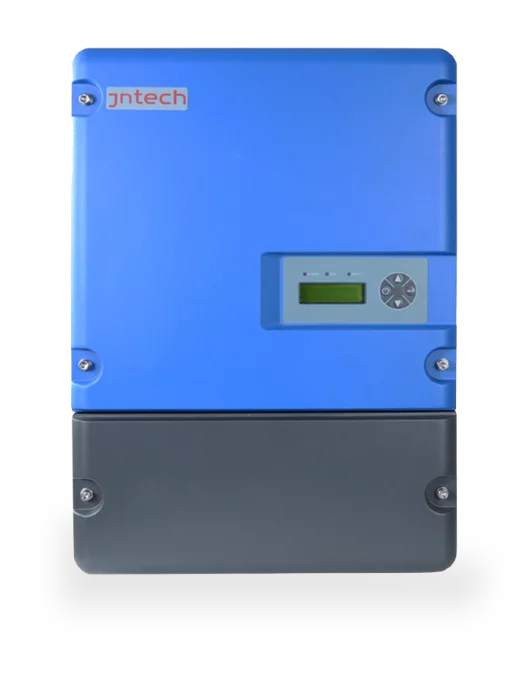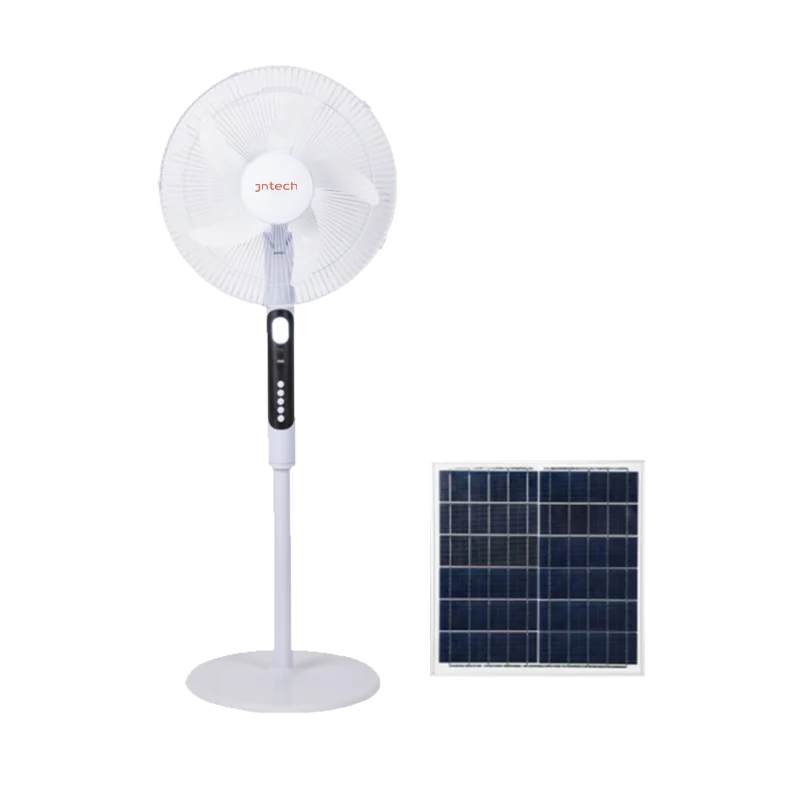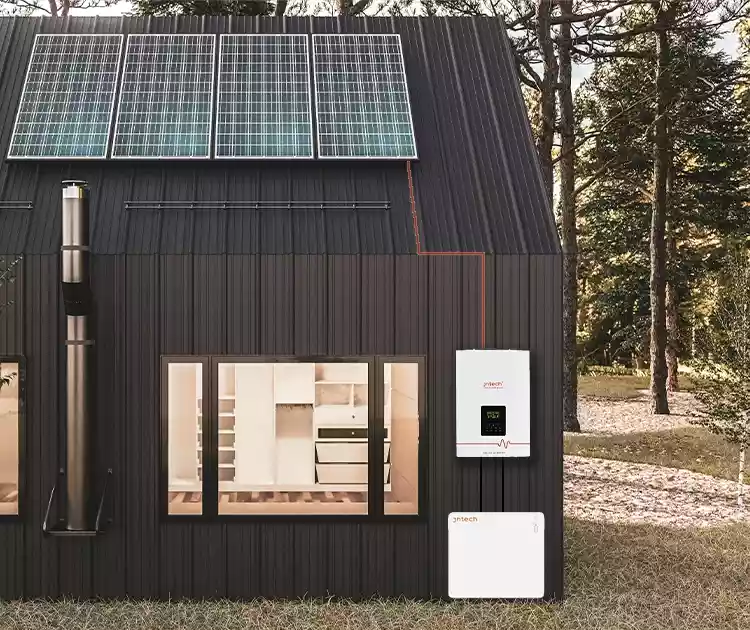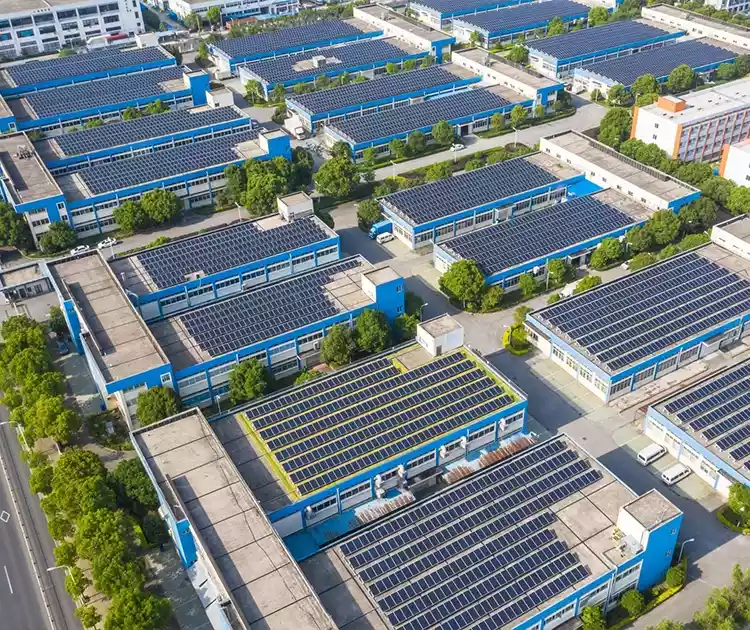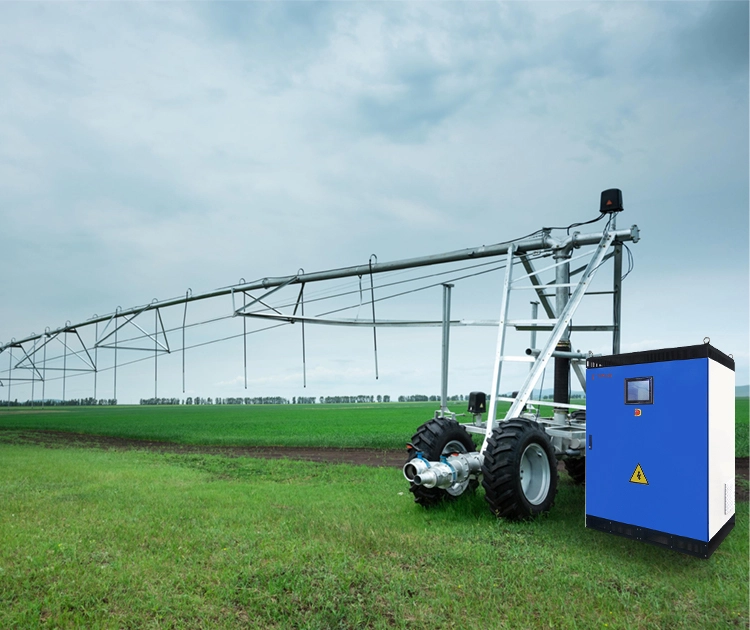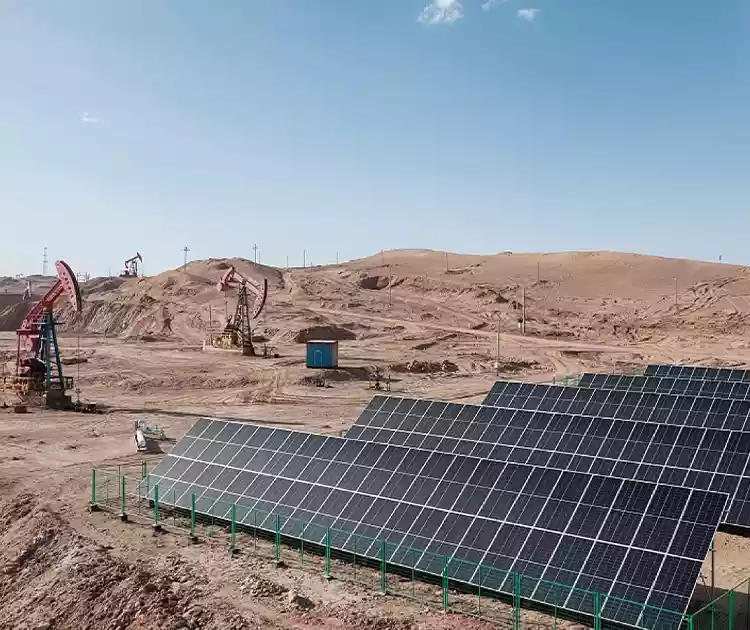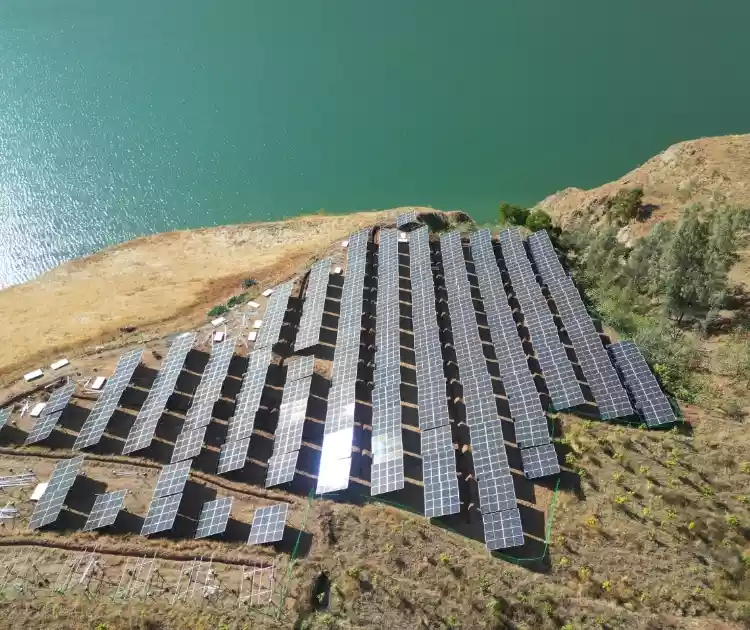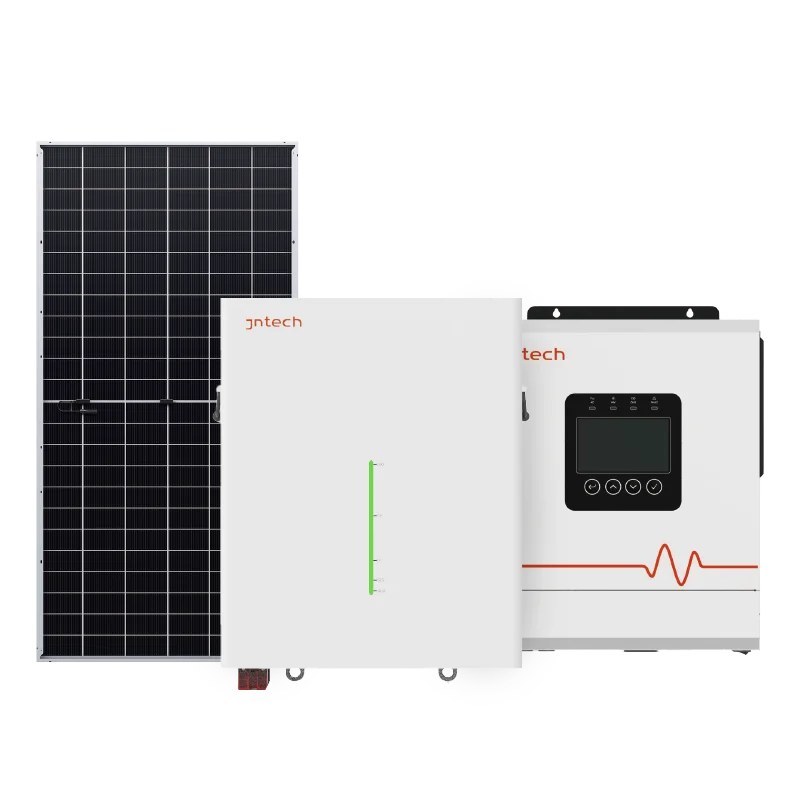هل يمكن أن تساعد أنظمة تخزين الطاقة المنزلية في خفض فواتير الكهرباء؟
وقت الإصدار: 2025-11-24
يبحث عدد متزايد من الأسر عن طرق مبتكرة لإدارة تكاليف الكهرباء. وكحل فعال وصديق للبيئة، أنظمة تخزين الطاقة المنزلية تكتسب أنظمة تخزين الطاقة المنزلية (HESS) اهتمامًا متزايدًا. فهل يُمكن لنظام تخزين الطاقة المنزلي أن يُساعد الأسر على خفض فواتير الكهرباء؟ سنستكشف اليوم آلية عمل أنظمة تخزين الطاقة المنزلية وكيف يُمكنها مساعدة المستخدمين على توفير تكاليف الكهرباء.
جدول المحتويات
ما هو نظام تخزين الطاقة المنزلية؟
يتكون نظام تخزين الطاقة المنزلي (HESS) عادةً من ألواح شمسية، وبطاريات تخزين طاقة، وعاكس كهربائي. يستخدم هذا النظام الألواح الشمسية لتحويل ضوء الشمس إلى كهرباء خلال النهار، ويخزن الطاقة الزائدة في بطاريات التخزين. عند نقص توليد الكهرباء ليلاً أو في الأيام الغائمة، يمكن للمنازل استخدام الطاقة المخزنة بدلاً من شراء الكهرباء باهظة الثمن من الشبكة. لا تُحسّن هذه العملية كفاءة الطاقة فحسب، بل تُقلل أيضاً من الاعتماد على الشبكة التقليدية.
كيف يمكن لنظام تخزين الطاقة المنزلية أن يساعد في خفض فواتير الكهرباء؟
تجنب ذروة أسعار الكهرباء لتوفير الفواتير
تطبق العديد من المناطق تسعير الكهرباء حسب وقت الاستخدام، حيث تختلف تكلفة الكهرباء حسب الوقت من اليوم، مع ارتفاع الأسعار خلال فترات الذروة (عادة في الصباح والمساء). نظام تخزين البطارية للطاقة المنزلية يمكن شحن الأجهزة الكهربائية خارج أوقات الذروة عندما تكون الكهرباء أرخص (مثلاً خلال النهار) واستخدام الطاقة المخزنة خلال أوقات الذروة (مثلاً في الليل). تساعد هذه الاستراتيجية الأسر على تجنب ارتفاع أسعار الكهرباء، وتخفض فواتيرها بشكل فعال.
تعظيم استخدام الطاقة الشمسية
بالنسبة للمنازل التي ركبت أنظمة الطاقة الشمسية، يُمكن لنظام تخزين الطاقة تخزين فائض الكهرباء المُولّدة من الألواح الشمسية خلال النهار. ثم يُمكن استخدام الطاقة المُخزّنة عند شحّ ضوء الشمس، كما هو الحال في الليل أو الأيام الغائمة. يُقلّل هذا من الاعتماد على كهرباء الشبكة ويُحسّن استخدام الطاقة الشمسية، مما يُمكّن المنازل من تحقيق اكتفاء ذاتي أكبر واستخدام طاقة شمسية نظيفة ومجانية خلال فترات ذروة استهلاك الكهرباء، مما يُقلّل اعتمادها على الشبكة.
زيادة الاكتفاء الذاتي من الطاقة وخفض تكاليف الشبكة
من خلال تخزين فائض الكهرباء المُنتَجة من الألواح الشمسية، يُمكن للأسر تقليل حاجتها لشراء الكهرباء من الشبكة بفعالية. ومع ارتفاع أسعار الكهرباء، تُساعد أنظمة تخزين الطاقة المستخدمين على تحقيق اكتفاء ذاتي أكبر في الطاقة، مما يُؤدي إلى خفض تكاليف كهرباء الشبكة مع مرور الوقت. كما يُمكن للاستخدام طويل الأمد لأنظمة تخزين الطاقة أن يُخفّض فواتير الكهرباء بشكل كبير، وقد يُمكّن الأسر من الوصول إلى "فواتير كهرباء صفرية".
توفير الطاقة الاحتياطية للمنازل
لا تُسهم أنظمة تخزين الطاقة في خفض تكاليف الكهرباء فحسب، بل تُوفر أيضًا طاقة احتياطية أثناء انقطاعات الشبكة. فعند تعطل الشبكة أو عدم استقرارها، تُوفر بطارية التخزين طاقة احتياطية للمنزل فورًا، مما يضمن التشغيل الطبيعي. ورغم أن هذا لا يُخفّض تكاليف الكهرباء بشكل مباشر، إلا أنه يُسهّل العمل أثناء انقطاعات التيار الكهربائي، ويمنع الأعطال والخسائر الناتجة عنها.
ما هو مقدار توفير الطاقة الذي يمكن أن يوفره نظام تخزين الطاقة المنزلي؟
تختلف إمكانية توفير الطاقة باستخدام أنظمة تخزين الطاقة المنزلية باختلاف أسعار الكهرباء المحلية واستهلاك المنزل من الكهرباء. عمومًا، إذا استطاع المنزل تجنب ذروة أسعار الكهرباء واستخدام الطاقة المخزنة بكفاءة، فيمكنه توفير ما بين 15% و30% من فواتير الكهرباء. وفي المناطق التي تشهد تقلبات كبيرة في أسعار الكهرباء، قد يكون التوفير أكبر.
خاتمة
لا شك أن أنظمة تخزين الطاقة المنزلية تُعدّ تقنيةً ذات إمكاناتٍ كبيرة لتوفير الطاقة. فمن خلال الإدارة السليمة للطاقة، يُمكنها مساعدة المنازل على تقليل اعتمادها على كهرباء الشبكة وتحقيق وفوراتٍ كبيرةٍ على المدى الطويل في فواتير الكهرباء. إضافةً إلى ذلك، حلول تخزين الطاقة المنزلية المساهمة في أسلوب حياة أكثر اخضرارًا واستدامة من خلال تقليل انبعاثات الكربون وحماية البيئة.
إذا كنت تبحث عن حل يُخفّض تكاليف الكهرباء ويعزز استقلالية منزلك في مجال الطاقة، فإن نظام تخزين الطاقة المنزلي يُعدّ استثمارًا جديرًا بالدراسة. تفضل بزيارة JNTech لمزيد من المعلومات حول أنظمة تخزين الطاقة المنزلية، واعثر على حلول الطاقة الذكية التي تُلبّي احتياجات منزلك على النحو الأمثل.


